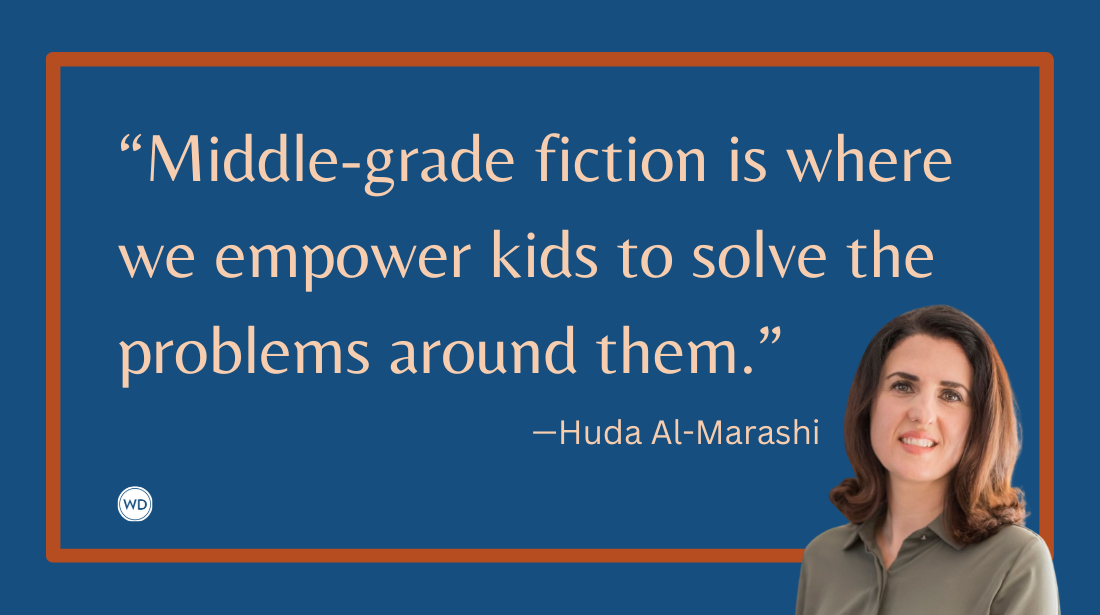James Islington: On Stretching Yourself as a Writer
Author James Islington discusses the unique challenge of having to create brand-new worlds after finishing a series with his new fantasy novel, The Will of the Many.
James Islington was born and raised in southern Victoria, Australia. An avid fantasy reader for many years, it was only when he read Brandon Sanderson’s Mistborn series that he was finally inspired to write something of his own. He now lives with his wife and daughter on the Mornington Peninsula in Victoria. He is the author of The Licanius Trilogy and The Will of Many.
In this post, James discusses the unique challenge of having to create brand-new worlds after finishing a series with his new fantasy novel, The Will of the Many, his advice for other writers, and more!
Name: James Islington
Book title: The Will of the Many
Publisher: Gallery/Saga Press
Release date: May 23, 2023
Genre/category: Fantasy
Previous titles: The Licanius Trilogy
Elevator pitch for the book: At the elite Catenan Academy, a young fugitive uncovers layered mysteries and world-changing secrets in this new fantasy series.
What prompted you to write this book?
The first and perhaps most obviously practical prompt was that I’d finished my previous series (The Licanius Trilogy), and really just wanted to write something different—not for a different audience necessarily, but something that would let me tackle different themes and different characters. Licanius were my first books and I’d been working on them on-and-off for eight years, including dedicatedly for the past five, when I completed The Light of All That Falls in 2019. I loved writing them, but it definitely felt like it was time to move on to something new by the end.
Secondly, I already had some concepts and things to try kicking around in my head which simply hadn’t been a good fit for Licanius. I wanted to write from a single POV and in first-person (a la some of my favorite series), something with a more distinct cultural flavor (in this case, I was keen to do something with ancient Rome), and work with a magic system that was more “democratized,” rather than one where only certain people were born with the ability to use it.
Lastly, it felt like a good opportunity to try and stretch myself as a writer. I think it would have been easier to continue writing in the same world and style—and there are certainly more stories I one day want to tell from Licanius—but starting again from scratch really helped me step back and reassess my entire approach, and gave me the chance to apply everything I’d learned thus far onto a blank slate.
How long did it take to go from idea to publication? And did the idea change during the process?
It’s hard to pinpoint exactly when I started tinkering with ideas for this series, but from when I began working dedicatedly on it (mid-2019) to now has been about four years. We’ve obviously had the pandemic during that period, though, which has made the entire process skew longer than it would have otherwise—both from my perspective in the writing the book, and then from the publisher’s side of things in getting it to print. Take away COVID and I suspect we could easily have been publishing in 2022 instead of now.
The core concept never really changed during those four years; in fact, I was reading my initial mid-2019 pitch the other day, and it’s remarkably on point for where this book ended up. But having said that, many of the finer details that I originally had in mind did morph a bit here and there. I tend to carefully plan the skeleton of my work—major plot points and scenes, where the story should end up—but work out a lot of the details and come up with ideas to augment the original ones as I go. So, it’s fair to say that plenty of the more minor aspects have ended up very differently to how I originally envisaged them.
Were there any surprises or learning moments in the publishing process for this title?
I feel like I learn something new every time I get a book published! As a starting point, I got my contract before writing the first book in the series this time around. It meant having to be a lot more confident in the entire concept before I began, rather than simply writing and seeing where the story led me. That wasn’t an issue (in fact it was great!), but it was an adjustment for me and how I approached things.
After that? Probably the biggest thing I had to grapple with was the turnaround time for editing: I submitted my draft for this book in July 2021, and we only began editing in May 2022. There were a whole bunch of unavoidable factors at play in that delay—undoubtedly the lingering effects of the pandemic on the schedule, for a start—but it meant that I was in a weird sort of limbo for almost a year, where I was kind of moving on to the sequel, but had no idea of whether I was going to have to make major edits to the first book. It’s fair to say that I was not as productive during that period as I would have liked to be! But having been through it now, I think if I should find myself in that situation again in the future, I’ll be much better equipped to deal with it.
Once we did get to editing and production, though, everything has gone very smoothly—I couldn’t be happier with how things have turned out!
Were there any surprises in the writing process for this book?
Honestly, the biggest surprise (which I should have seen coming, in retrospect) was how difficult it was to start fresh. I mentioned earlier that one of my biggest reasons for tackling this book was wanting to do something other than Licanius, at least in part to stretch myself a bit—and for a period there in 2019, I really started to wonder if I’d made a mistake. While I had years of extra writing experience under my belt, it was still only the second time I’d had to come up with a completely new world, new story, new characters, new magic system … It was a lot! But I got there in the end, and am incredibly happy with the result, so it was all worth it.
I was also pleasantly surprised to find that I genuinely enjoyed doing my research into ancient Rome—and that I found it quite useful for coming up with new story ideas (as opposed to simply providing me with world-building concepts). I’ll definitely be inclined to look for more inspiration from real-world history in the future.
What do you hope readers will get out of your book?
First and foremost? Entertainment. I’ve always read for pleasure, and whatever else a fantasy book is trying to do or say, if I’m not enjoying it then I’m not going to stick with it. I think especially in epic fantasy, too, where books and series tend to be long and can be genuine commitments to read, respecting readers’ time—making sure they’re actually engaged the entire way through—is paramount. Not to say that you can’t have deeper themes as part of an interesting narrative (in fact, I think this book has plenty of those, and of course I hope they’re thought-provoking!), but ultimately, my priority is simply for readers to finish the story and have had a great time experiencing it.
If you could share one piece of advice with other writers, what would it be?
I’ll skip the most common one (“keep writing”)—though it’s absolutely true, so don’t ignore it!—and say instead:
Learn to look for common themes in any feedback on your writing, even if it’s criticisms of areas that don’t really matter to you as a reader. It’s something I don’t see mentioned much and I’m still learning to do, even now.
Our stories are so personal to us that taking on board critiques can be hard, especially when we can’t immediately see how doing so would even affect someone’s enjoyment of the story. But because we work in such a subjective field, sometimes the things that wouldn’t bother us at all are a big deal to others—and so learning to sift through reviews and feedback and figuring out what those “blind spots” are, is (in my opinion) one of the best ways you can improve. And, hopefully, you’ll end up appealing to a wider audience in the process!








